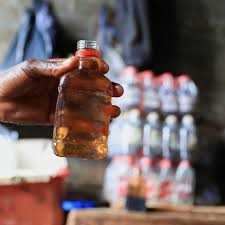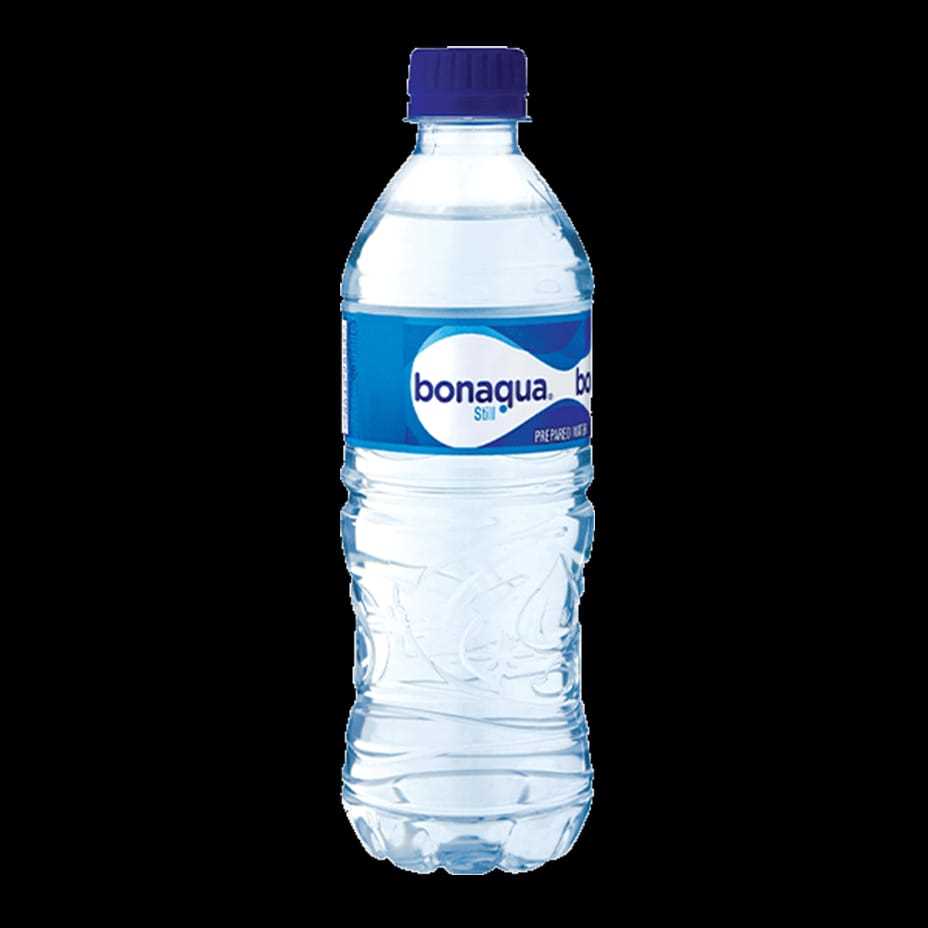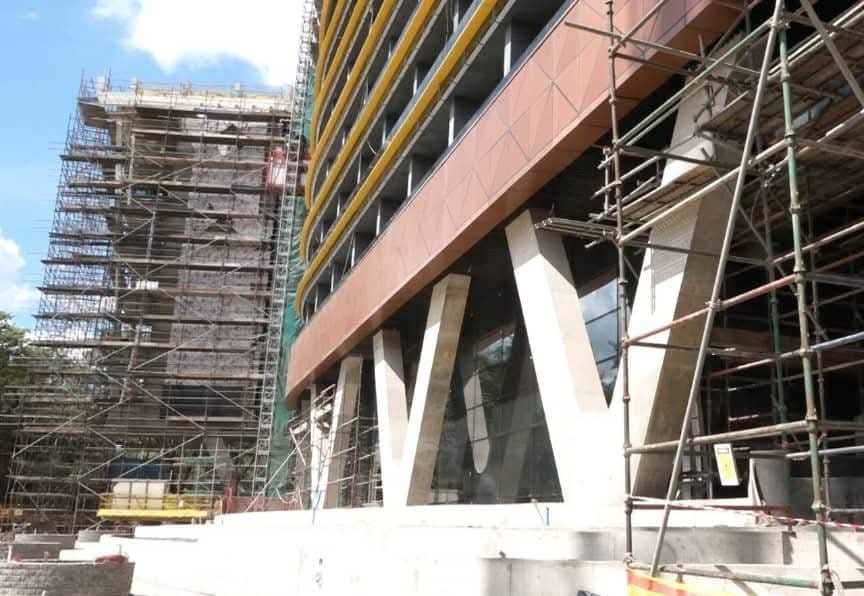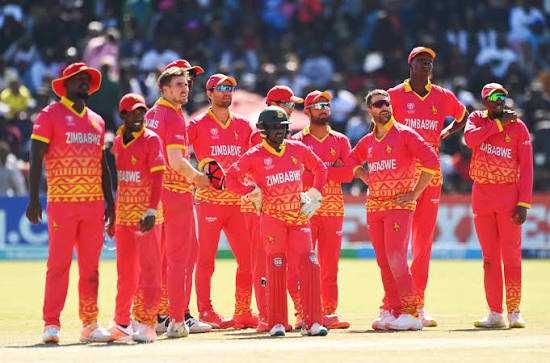
Witness Runodada – Zim Now Reporter
Despite a government ban on the sale and consumption of harmful illicit brews such as Kambwa and Musombodhiya, there has been no visible enforcement of the law.
These substances remain widely available across Harare and its surrounding suburbs.
Since the law came into effect several weeks ago, not a single arrest has been made in connection with the sale or consumption of these banned brews, raising serious questions about the effectiveness of the crackdown and the government's commitment to public health.
Areas such as Chitungwiza, Mabvuku, Hopley, and Kambuzuma continue to display these dangerous concoctions openly, with vendors operating freely in broad daylight. The atmosphere is one of business as usual.
In Chitungwiza, a local shopkeeper expressed surprise when asked about the ban, stating, “We didn’t even know those drinks had been banned. For us, it’s business as usual. The only time we see police is when they come to collect money from unregistered vendors.”
Investigations by Zim Now reveal that these illicit drinks are still being sold at bus ranks such as Ruzende, Market Square, and Charge Office—with no visible fear of police intervention. The boldness with which the trade continues suggests a complete breakdown in enforcement and oversight.
In a candid remark, a commuter rank tout (“mahwindi”) shrugged off the ban’s impact, saying, “Kambwa won’t go anywhere—just like drugs.” His sentiment reflects a widely held perception: that laws in Zimbabwe are passed but rarely enforced.
Related Stories
Kambwa and Musombodhiya were banned due to their highly toxic content and the increasing number of health complications linked to their consumption.
Health officials have associated these substances with liver failure, hallucinations, and even death. The ban was introduced as a protective measure to curb a growing public health crisis. But on the ground, the reality tells a different story.
A vendor along Seke Road highlighted the economic pressures many face. “Banning Kambwa alone won’t stop people from drinking it. Drugs have been banned in Zimbabwe, but people still use them. There are no clear signs of where Kambwa comes from, and it’s cheap. People always need it,” she said.
When contacted for comment, the Zimbabwe Republic Police were unable to confirm whether any arrests had been made since the law’s implementation. One officer said he would check and asked for a follow-up call later.
The lack of action mirrors previous failed efforts to bring order to informal economic spaces. In March, the government issued a 48-hour ultimatum to local authorities to remove illegal vendors from urban areas, citing concerns about crime, poor sanitation, and health hazards such as cholera and typhoid. Yet, four months later, no significant action has been taken, and illegal vending remains rampant.
“Illegal vending perpetuates unsanitary conditions, as vendors operate in areas without potable water and ablution facilities. This poses a significant risk for disease outbreaks such as typhoid, dysentery, and cholera,” said National Housing and Social Amenities Minister Daniel Garwe at the time.
But once again, the warnings seem to have faded into silence, with no follow-through from authorities.
As the streets of Harare continue to buzz with unlicensed vendors and the unmistakable scent of illegal brews, many are left wondering whether the government’s laws are merely symbolic gestures, with little intention—or capacity—for real enforcement.




















Leave Comments